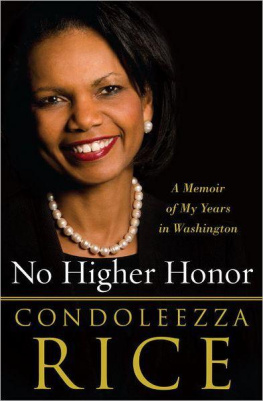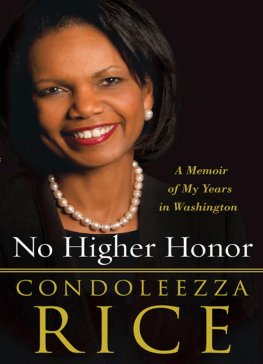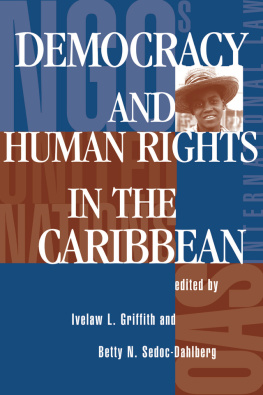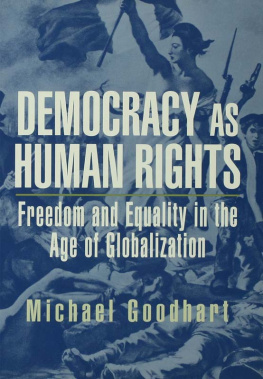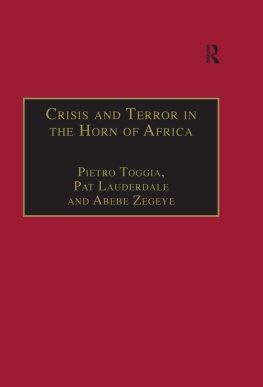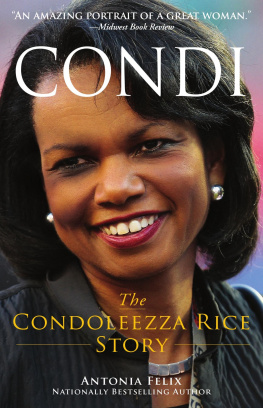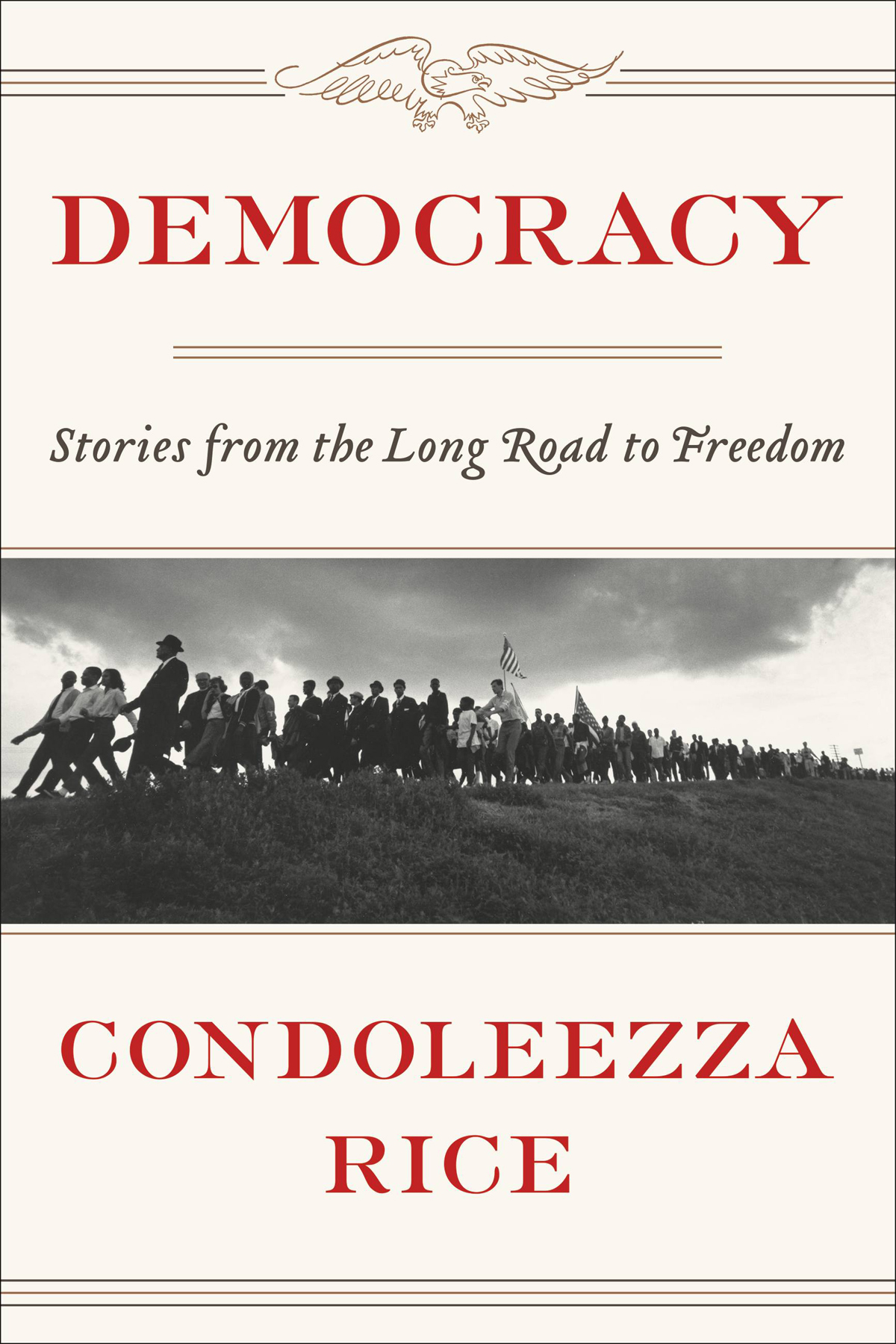Condoleezza Rice - Democracy: Stories from the Long Road to Freedom
Here you can read online Condoleezza Rice - Democracy: Stories from the Long Road to Freedom full text of the book (entire story) in english for free. Download pdf and epub, get meaning, cover and reviews about this ebook. year: 2017, publisher: Twelve, genre: Politics. Description of the work, (preface) as well as reviews are available. Best literature library LitArk.com created for fans of good reading and offers a wide selection of genres:
Romance novel
Science fiction
Adventure
Detective
Science
History
Home and family
Prose
Art
Politics
Computer
Non-fiction
Religion
Business
Children
Humor
Choose a favorite category and find really read worthwhile books. Enjoy immersion in the world of imagination, feel the emotions of the characters or learn something new for yourself, make an fascinating discovery.

- Book:Democracy: Stories from the Long Road to Freedom
- Author:
- Publisher:Twelve
- Genre:
- Year:2017
- Rating:5 / 5
- Favourites:Add to favourites
- Your mark:
Democracy: Stories from the Long Road to Freedom: summary, description and annotation
We offer to read an annotation, description, summary or preface (depends on what the author of the book "Democracy: Stories from the Long Road to Freedom" wrote himself). If you haven't found the necessary information about the book — write in the comments, we will try to find it.
From the end of the Cold War and the collapse of the Soviet Union to the ongoing struggle for human rights in the Middle East, Condoleezza Rice has served on the front lines of history. As a child, she was an eyewitness to a third awakening of freedom, when her hometown of Birmingham, Alabama, became the epicenter of the civil rights movement for black Americans.
In this book, Rice explains what these epochal events teach us about democracy. At a time when people around the world are wondering whether democracy is in decline, Rice shares insights from her experiences as a policymaker, scholar, and citizen, in order to put democracys challenges into perspective.
When the United States was founded, it was the only attempt at self-government in the world. Today more than half of all countries qualify as democracies, and in the long run that number will continue to grow. Yet nothing worthwhile ever comes easily. Using Americas long struggle as a template, Rice draws lessons for democracy around the world -- from Russia, Poland, and Ukraine, to Kenya, Colombia, and the Middle East. She finds that no transitions to democracy are the same because every country starts in a different place. Pathways diverge and sometimes circle backward. Time frames for success vary dramatically, and countries often suffer false starts before getting it right. But, Rice argues, that does not mean they should not try. While the ideal conditions for democracy are well known in academia, they never exist in the real world. The question is not how to create perfect circumstances but how to move forward under difficult ones.
These same insights apply in overcoming the challenges faced by governments today. The pursuit of democracy is a continuing struggle shared by people around the world, whether they are opposing authoritarian regimes, establishing new democratic institutions, or reforming mature democracies to better live up to their ideals. The work of securing it is never finished.
p.p1 {margin: 0.0px 0.0px 0.0px 0.0px; font: 12.0px Cambria} p.p2 {margin: 0.0px 0.0px 0.0px 0.0px; font: 12.0px Cambria; min-height: 14.0px} p.p1 {margin: 0.0px 0.0px 0.0px 0.0px; font: 12.0px Arial} p.p2 {margin: 0.0px 0.0px 0.0px 0.0px; text-align: center; font: 12.0px Arial; min-height: 14.0px} p.p3 {margin: 0.0px 0.0px 0.0px 0.0px; text-indent: 36.0px; font: 12.0px Arial}
Condoleezza Rice: author's other books
Who wrote Democracy: Stories from the Long Road to Freedom? Find out the surname, the name of the author of the book and a list of all author's works by series.

